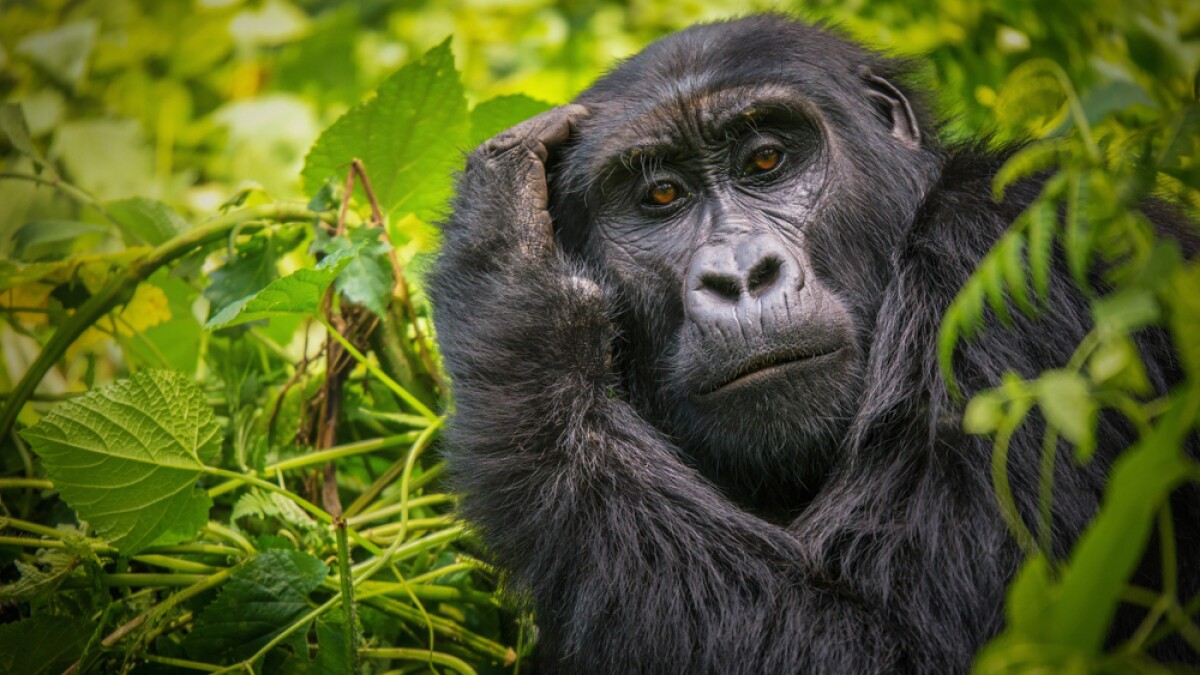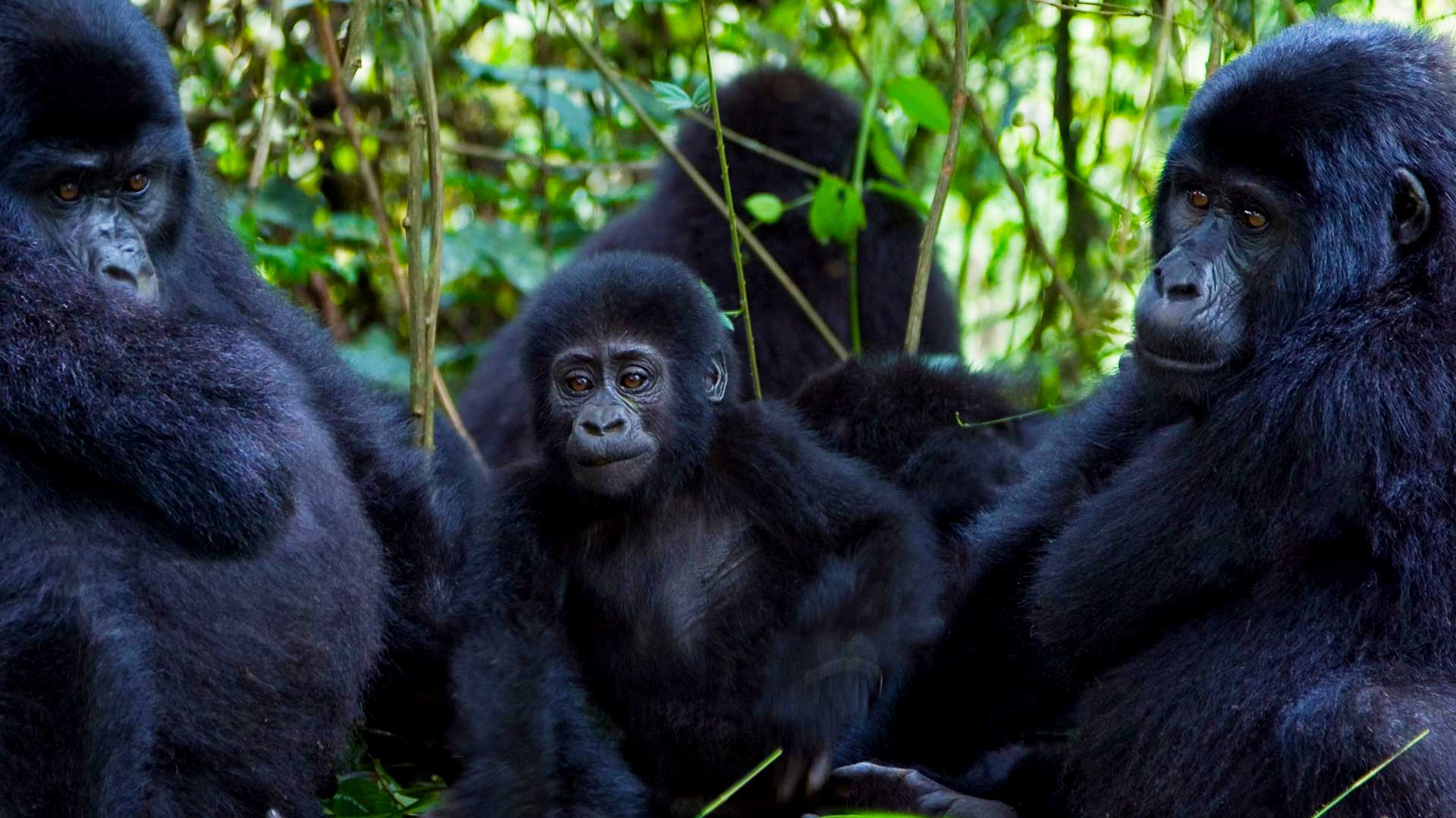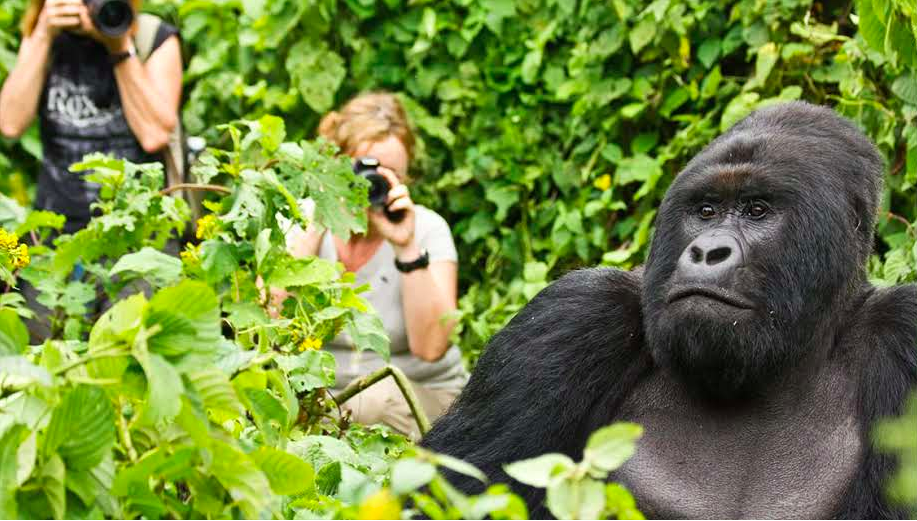
Unveiling the Impactful of Gorilla Safaris Experience in Rwanda:
Unveiling the Impactful of Gorilla Safaris Experience in Rwanda: Rwanda, a small yet stunningly beautiful country in East Africa. It is often celebrated for its breathtaking landscapes and rich cultural heritage. However, among its most remarkable attractions are the gorilla safaris. These safaris provide an impactful experience that goes beyond mere wildlife viewing. They offer a rare glimpse into the lives of the majestic mountain gorillas while contributing significantly to conservation efforts and local communities. Let’s delve into what makes gorilla safaris in Rwanda such an impactful and unforgettable adventure.

The Allure of Gorilla Safaris
To begin with, the primary draw of gorilla safaris in Rwanda is the chance to see mountain gorillas in their natural habitat. These critically endangered creatures, found only in the Virunga Mountains spanning Rwanda, Uganda, and the Democratic Republic of Congo, inspire awe and admiration. Rwanda’s Volcanoes National Park is one of the best places to embark on this extraordinary adventure, thanks to its well-managed conservation efforts and accessibility.
The Conservation Triumph
Moreover, the story of mountain gorilla conservation in Rwanda is a beacon of hope in wildlife preservation. Decades ago, the mountain gorilla population faced severe threats from poaching, habitat destruction, and disease, bringing them to the brink of extinction. However, through dedicated conservation initiatives led by the Rwandan government, local communities, and international organizations, the gorilla population has made a remarkable recovery. The latest estimates indicate that there are over 1,000 mountain gorillas in the wild today, a significant increase from the few hundred that remained in the 1980s.
This success story is intrinsically linked to gorilla tourism. The revenue generated from the sale of gorilla trekking permits, which currently cost $1,500 per person, is channeled into conservation projects and community development programs. This model ensures that tourism directly supports the protection of gorillas and the upliftment of local communities, creating a sustainable and impactful relationship between humans and wildlife.
Preparing for the Journey
When planning a gorilla safari in Rwanda, several factors need consideration to ensure a seamless and rewarding experience. Firstly, securing a gorilla trekking permit is essential. These permits are limited to a specific number each day to minimize the impact on the gorillas and their environment, so it’s advisable to book well in advance.
Secondly, the timing of the visit can enhance the experience. The best times to visit are during the dry seasons, from mid-December to early February and from June to September, when the trails are less muddy and the weather is more favorable for trekking. Additionally, physical preparation is crucial. Gorilla trekking can be demanding, often involving several hours of hiking through steep and dense forest terrain. A reasonable level of fitness will help ensure you can fully enjoy the trek.
The Thrill of the Trek
On the day of the trek, the adventure begins early in the morning at the park headquarters, where tourists are briefed and divided into small groups, each accompanied by experienced guides and trackers. The anticipation builds as the group sets off into the forest, navigating through lush vegetation and challenging landscapes. The guides communicate with trackers ahead who are in constant radio contact to locate the gorilla families.
Finally, after a rigorous hike, the moment of encountering the gorillas is nothing short of magical. Seeing a silverback, the dominant male of the group, along with his family in their natural habitat, evokes a profound sense of connection and respect. Observing their behaviors, from playful juveniles to nurturing mothers. Offers an intimate glimpse into the complex social structure of these primates. The hour spent with them, although limited, is packed with unforgettable moments that leave a lasting impression.

Beyond the Gorillas
Furthermore, Rwanda offers more than just gorilla trekking. Volcanoes National Park is a biodiversity hotspot, home to golden monkeys, various bird species, and other wildlife. Adventurous visitors can also explore the park’s volcanic peaks, such as Mount Karisimbi and Mount Bisoke, which provide challenging hikes and spectacular views.
Beyond the natural wonders, Rwanda’s cultural experiences enrich the visit. The Iby’Iwacu Cultural Village near Volcanoes National Park. It offers a window into the traditional lifestyles of local communities, featuring performances of traditional dance, music, and crafts. Additionally, the capital city of Kigali is worth exploring for its vibrant markets, museums, and poignant memorials. Particularly the Kigali Genocide Memorial. Which offers insights into Rwanda’s tragic past and its remarkable journey towards peace and reconciliation.
The Broader Impact
In conclusion, gorilla safaris in Rwanda are far more than just a wildlife adventure. They are a deeply impactful experience that contributes to conservation and community development. By participating in these safaris, tourists play a crucial role in the ongoing efforts to protect mountain gorillas and support local livelihoods.
Therefore, embarking on a gorilla safari in Rwanda is an opportunity to witness the majesty of one of the world’s most endangered species. Engage with a successful conservation story, and immerse oneself in the rich cultural tapestry of this beautiful country. It is a journey that leaves an indelible mark on both the heart and the mind. Thus making it a truly impactful and transformative experience.
Related Posts;
